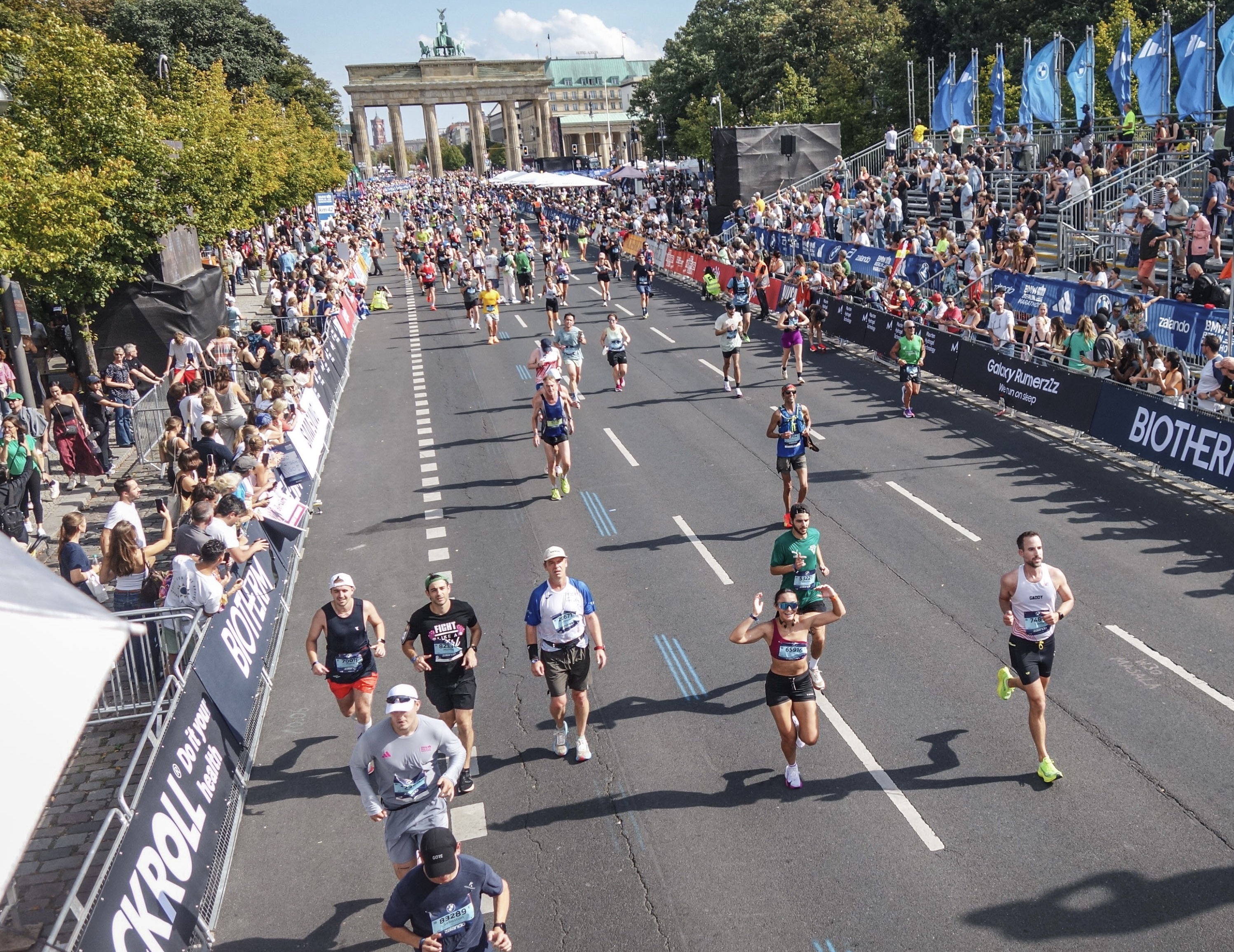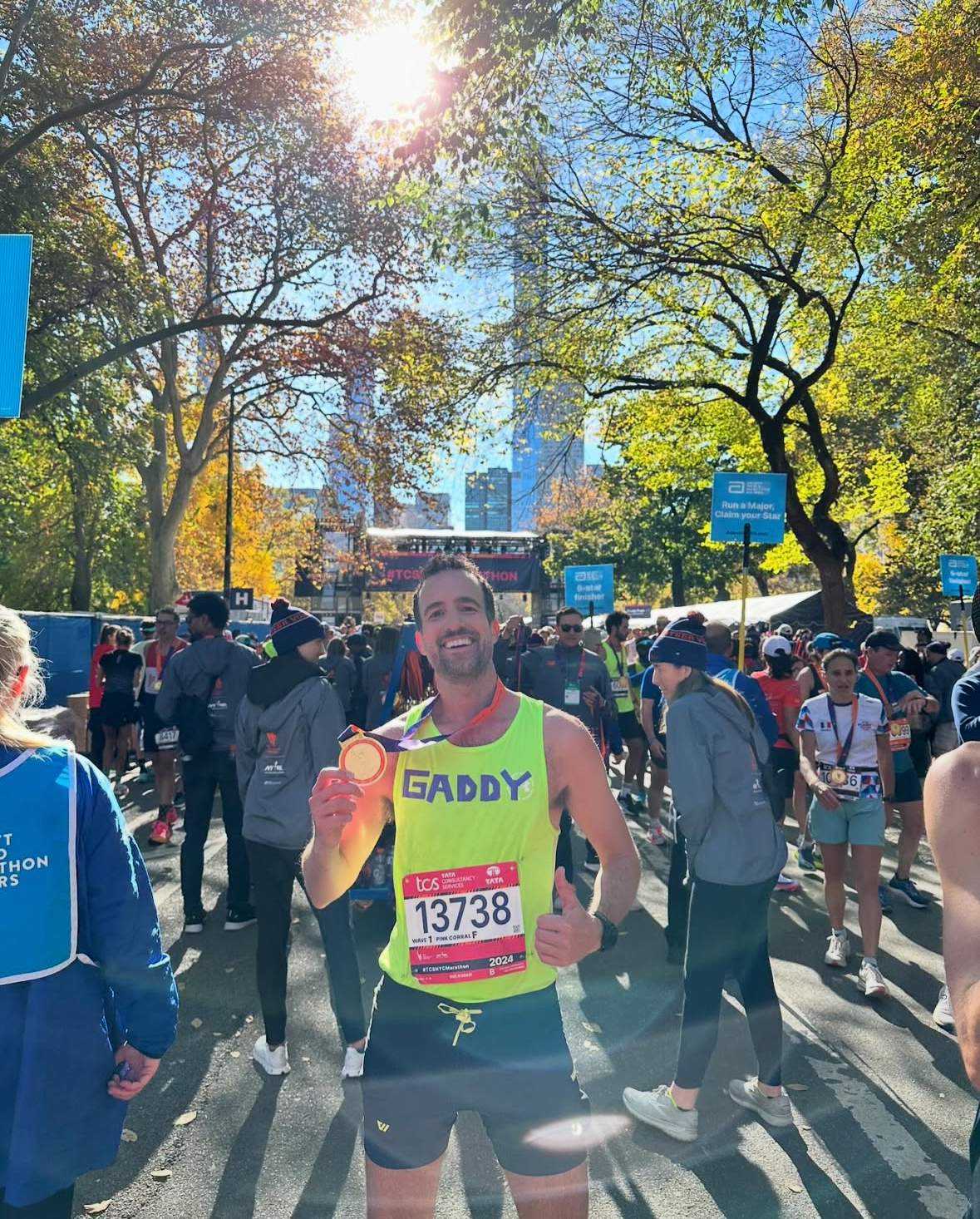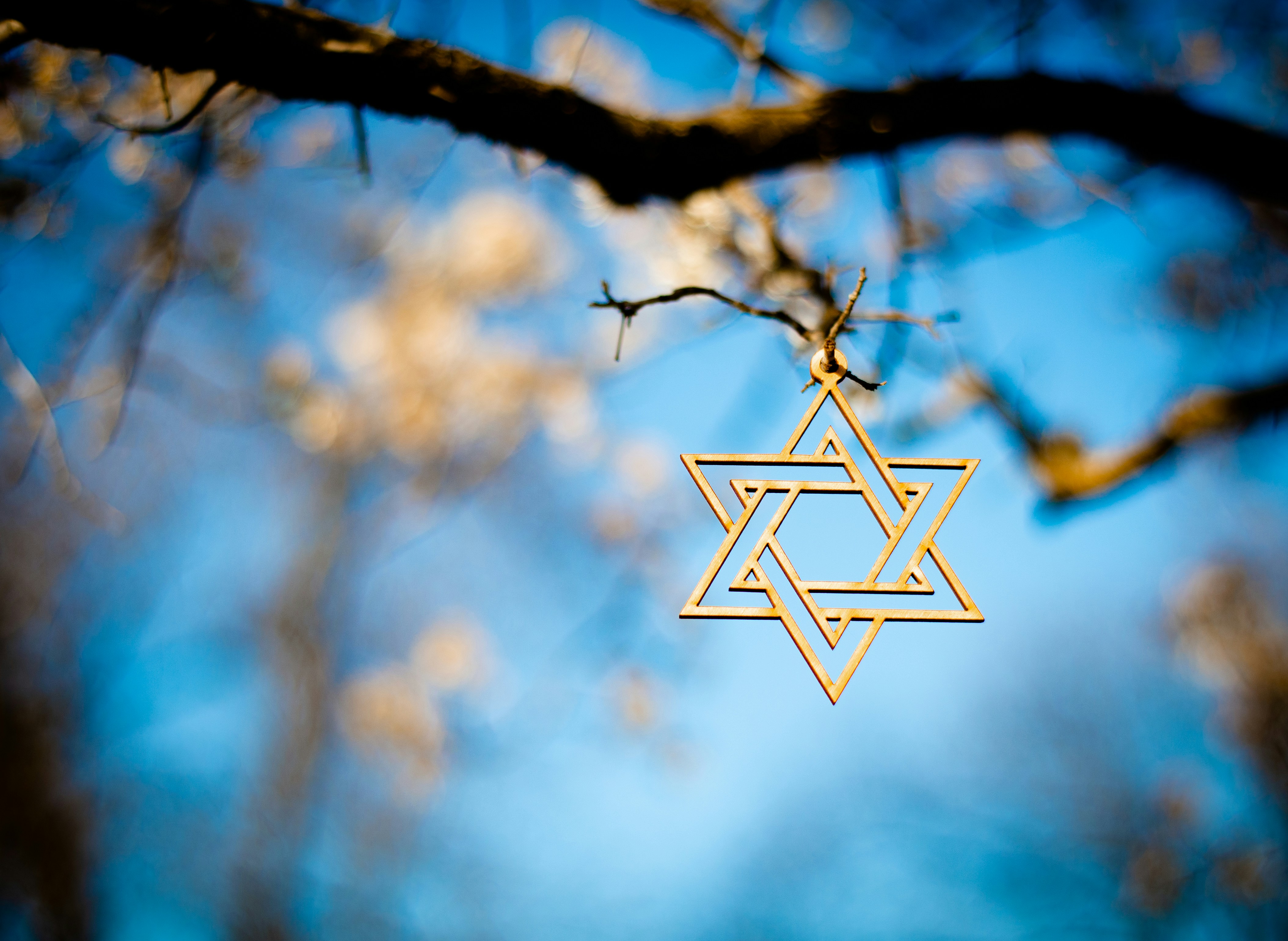
I didn’t grow up loving running. In high school, I joined the track team but never quite found my rhythm. I’d go out too fast or too slow, constantly comparing myself to teammates who seemed effortlessly better. I ran in meets but always felt like an outsider in the sport. Running, back then, was something I “did,” but never something I connected with.
It wasn’t until residency that running quietly returned to my life. For the first time, it wasn’t about performance or competition—it was about breathing. Decompressing. Feeling the ground underneath me as I tuned in to my body after long, emotionally demanding shifts. When I moved to New York City, I expected anything but a running community. Instead, I found myself surrounded by it. My short Central Park loops became small rituals of peace.
The pandemic reshaped everything. I was working in the emergency room at Columbia, traveling through an emptied city, sanitizing every inch of myself after each shift, and living in a constant state of vigilance. The isolation, fear, and loss were difficult to put into words.
Running became my escape—and my connection. It was the one part of the day where the world felt open again. I could step outside, breathe fresh air, hear music, and remind myself that life existed beyond hospital walls. Six miles around Central Park became my threshold. My boundary. My “limit.”
During those years, I went to watch the NYC Marathon—just to observe. At mile 25, I saw humanity in every form: runners gliding, walking, limping, crying, pushing, breaking, triumphing. People from every background, every age, every corner of the world moving toward one life-defining moment. I stood there cheering until my voice disappeared and thought:
I could never do something like this. Why would anyone choose to?
And yet, on the walk home, something shifted.
If they can do it, why not me?
I joined New York Road Runners and slowly built toward racing: one-mile sprints, half marathons, borough by borough. Running stopped being about comparison and instead became a practice of turning inward—noticing my breath, my body, my mind.

In 2024, I ran my first marathon in New York City. I had never run more than 18 miles in training and barely knew what I was doing with fueling, hydration, or shoes. But the starting line felt electric. The first miles were euphoric—deceptively so. Halfway through, reality hit: how was I only at mile 13.1?
My body, at times, felt foreign—heavy, sore, loud. The narratives in my head grew harsher:
You can’t do this. Stop. You’re not a runner.
But then other voices emerged:
You’ve trained for this. You’re capable. Keep going.
I thought of my friends, my family, my patients, my younger self who never believed he belonged in this sport. I thought about being in an able body and the privilege that holds. I took step after step, leaning on the crowds, the music, the energy of New York.
The final 0.2 miles felt like an eternity. And then I crossed the finish line—dazed, teary, proud, stunned at what I had just done.
I told myself I would never run another marathon.
…And then within a year, I ran three more: Sydney, Berlin, and New York again.
Running, for me, is no longer a sport. It’s a practice in self-connection.
A reminder that the limits we believe in are often self-imposed.
On some days, I can’t imagine lacing up my shoes. On others, running feels like oxygen—a reminder that I am alive inside this one body I get in this lifetime. The rhythm of my breath, the loosening of my muscles, the beat of my heart—it all feels grounding, clarifying, and deeply human.
Running is, in many ways, my form of medicine. It heals, energizes, and challenges me—but it also demands care, rest, and respect. Like any powerful force, it has side effects, and I’ve learned to honor those too.
You don’t have to run long distances—or at all—to experience this feeling. You don’t need to race, compete, or even track your miles. What matters is the broader truth I learned in this process:
Limits often exist only because we believe they do.
If you tell yourself you can run six miles, you will stop there.
If you tell yourself you can run farther—emotionally, professionally, physically—you begin expanding what feels possible.
My hope for you is this:
Find your version of a marathon.
Identify the finish line you once thought was impossible.
And take one small step toward it today.
Written by Dr. Gaddy Noy, DO — Founder, Arium Psychiatry

A psychiatrist reflects on why rushed, checklist-based care felt wrong - and how thoughtful, unrushed psychiatry creates space to feel truly heard.

Private psychiatry means more time, better care, and treatment that’s actually about you — not your insurance company.

High-functioning, high-achieving — and quietly exhausted. This is what navigating corporate culture as a racial minority can really feel like.

Jewish identity is layered — and in this climate, it's also heavy. Here’s how the emotional toll of antisemitism is showing up for many.